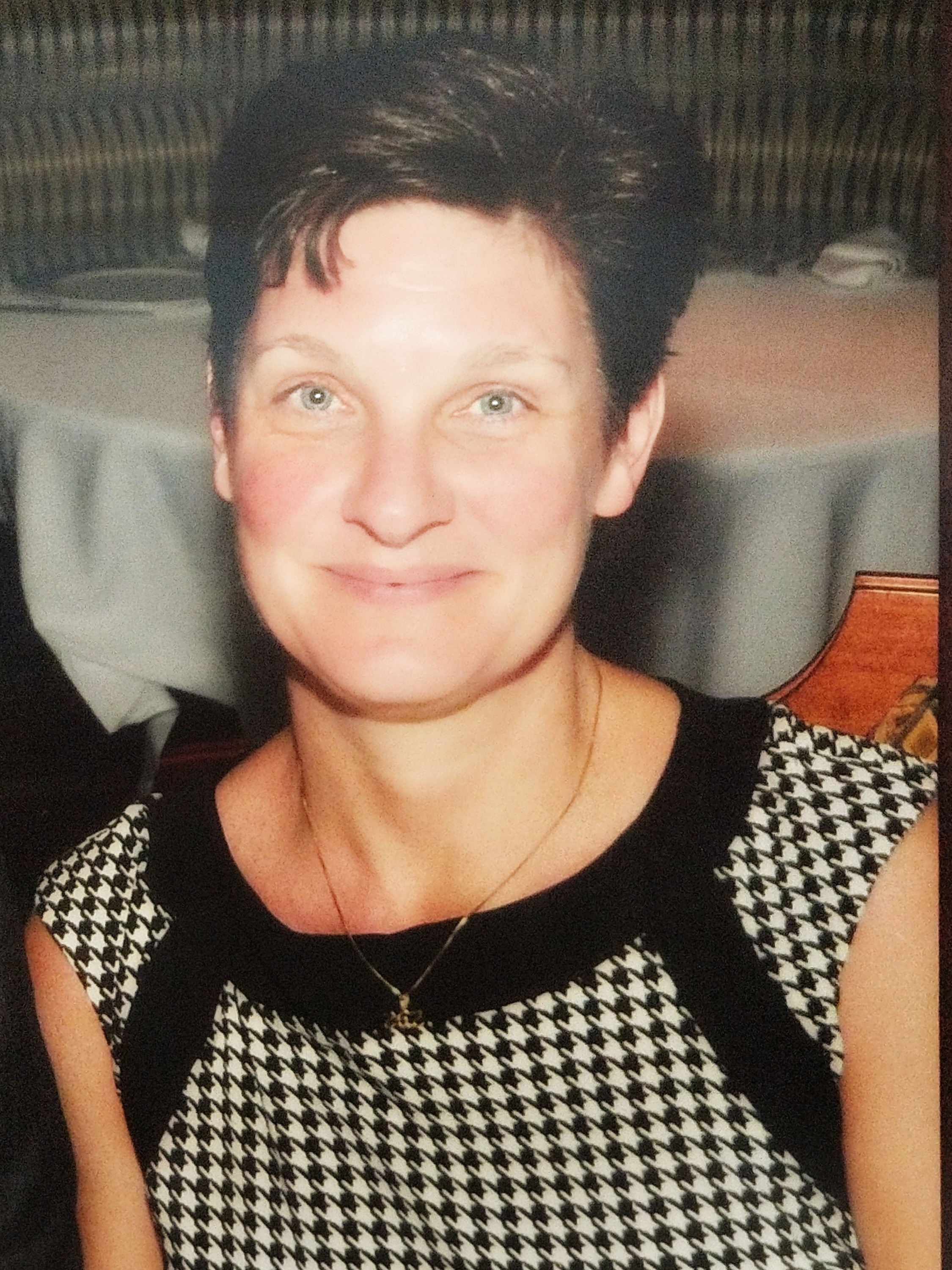Basic Nutrition Part 2
- coachsandym

- Jun 26, 2019
- 1 min read
A good place to start if you are counting macros (MyFitnessPal tracks them) is 40/30/30 or 50/25/25. Having said that macros will fluctuate with health, time of the month, exercise volume and exercise intensity. Aim to get your mix of all three at each meal and if you are sick or injured make sure you get in your protein. Eat often (six small meals are better than 3 bigger meals) or about every three hours. This helps balance your blood sugar which will reduce your stress hormones (adrenaline and cortisol) and increase your metabolism.
EXTRA:
A little about blood sugar: If your blood sugar is unstable you will feel bloated, store fat around your middle, feel stressed, not sleep and have many other symptoms of "dis-ease". When your cells can't find sugar-
-adrenaline increases (stress hormone)
-adrenaline releases fat, cells don't like this so...
-adrenaline increases (help, help) and if done for a long time.......
-you stop burning fat and starts burning muscle (protein)
-so your lean tissue decreases so you require fewer calories per day so now you either eat less or get fatter.
-released fat is now stored as a spare tire
-cells are so weak from stress water can enter easily making you puffy.
Waking with NO appetite is a sign of a high adrenaline, low calorie diet. Decreased blood sugar, high adrenaline gives you the impression you have "will power" and then when adrenaline recedes your appetite comes back and you overate.


Comments